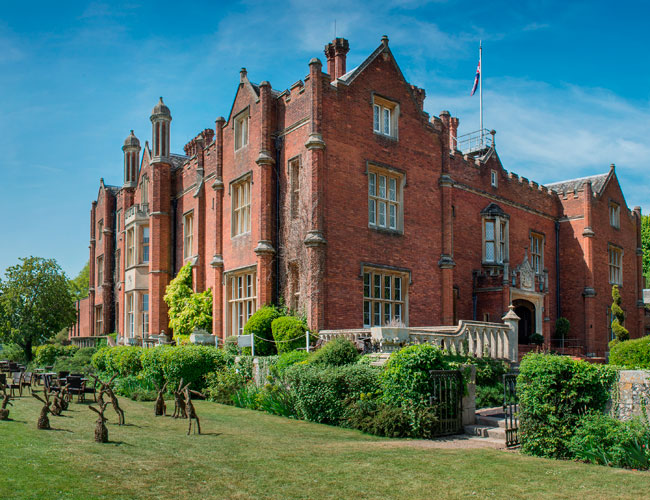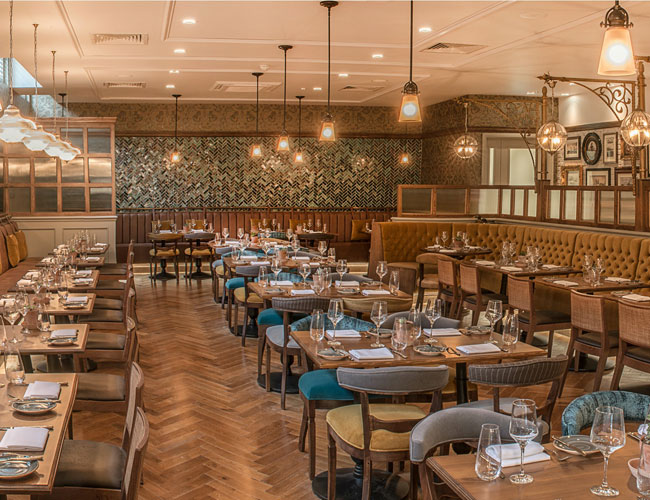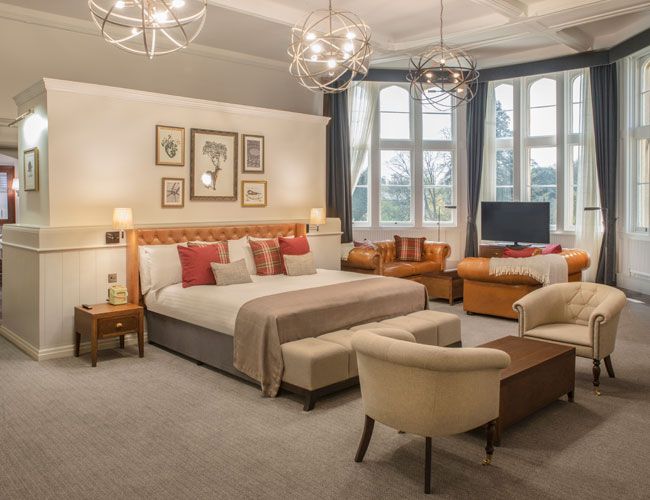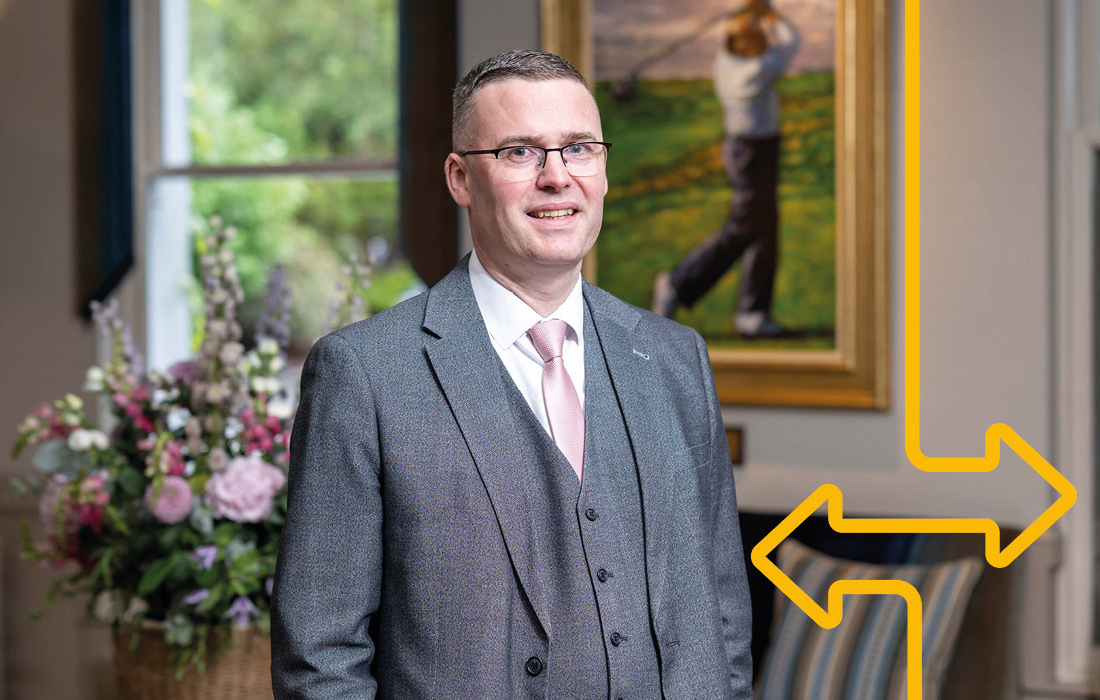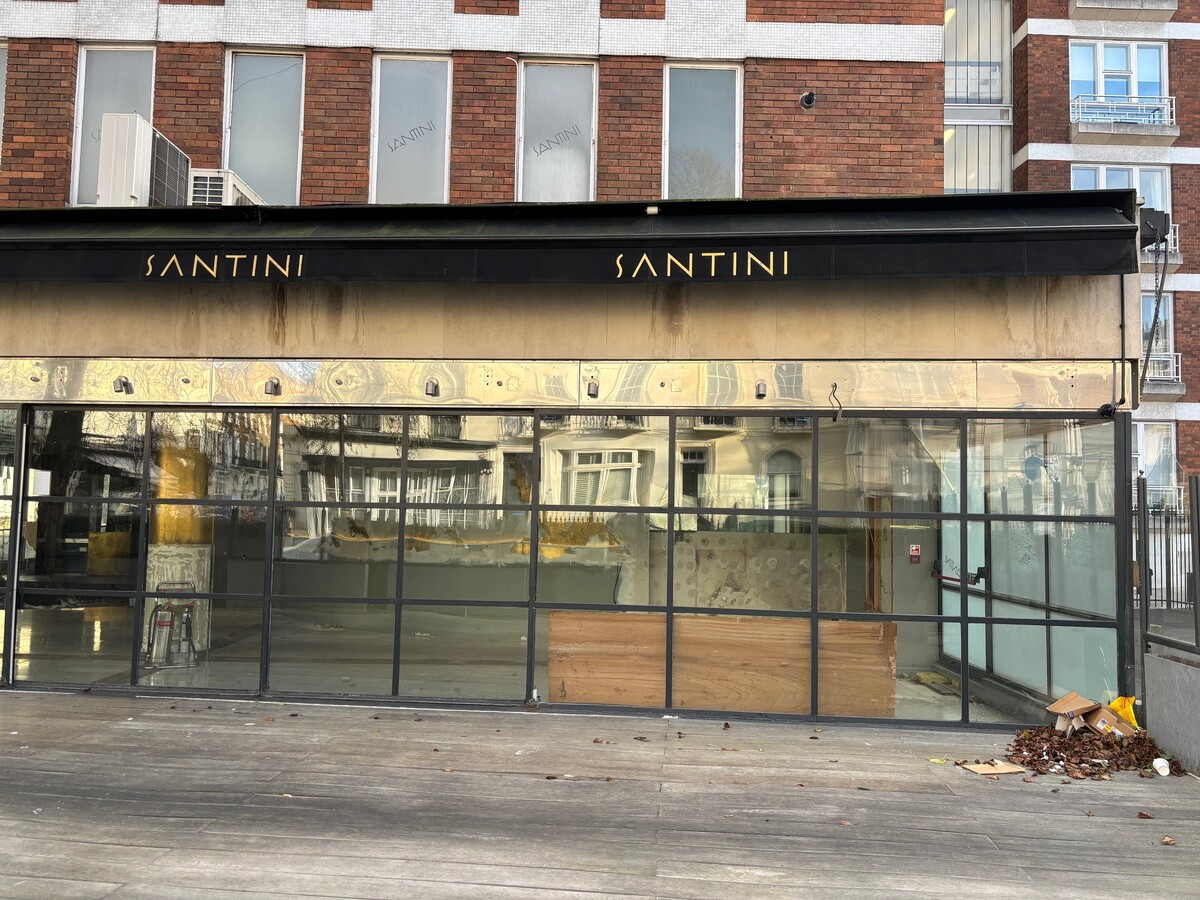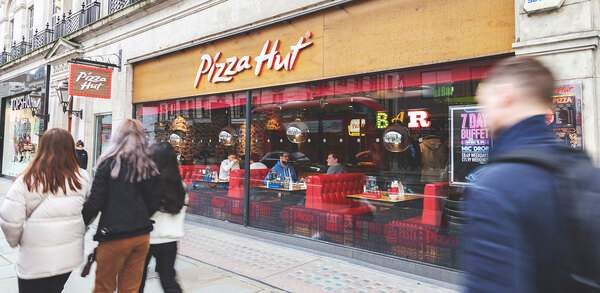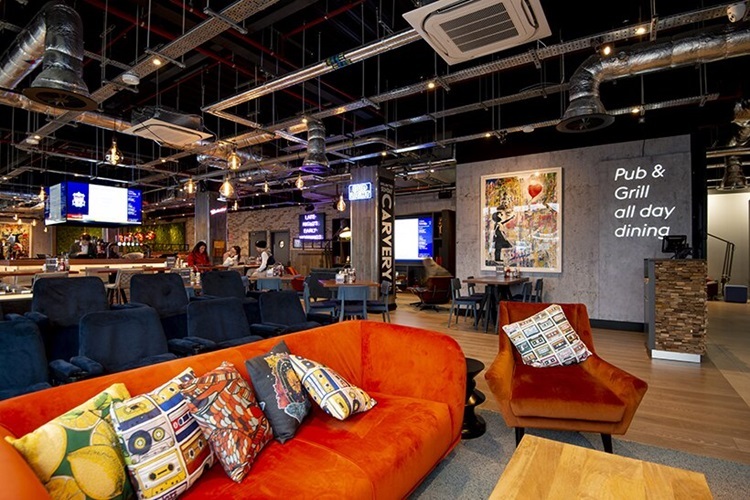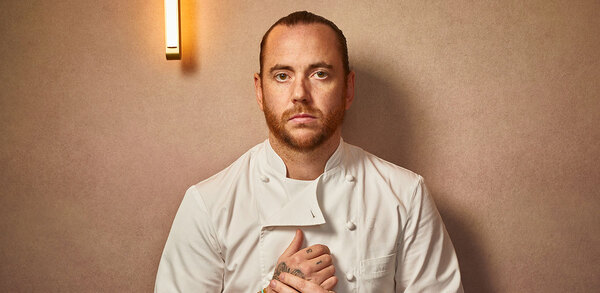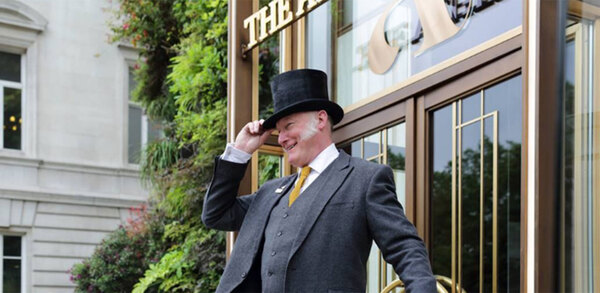How the Principal Hotel Company has reimagined the De Vere brand
The rethinking of the De Vere brand by the Principal Hotel Company has seen its hotels transformed from staid conference venues to luxury country house mansions. Janet Harmer reports
Ten months on from the official launch of sister brand Principal, De Vere is now being plunged into the limelight. The two brands, which operate under the umbrella of the Principal Hotel Company (PHC), are the focus of the consolidation of a disparate portfolio of 60 or so properties built up by owner Starwood Capital over the past three years (see below), which have now been reduced to 35.
While the Principal brand has spent the past year shaking up the grand city-centre hotel sector with its creation of exciting, lifestyle properties, De Vere is now well on the way to doing the same in the countryside.
Under its former ownership of the De Vere Group, De Vere Venues (as it was then known) was a collection of workaday conference and event properties that had lacked investment for many years. Today, with an injection of more than £100m across the portfolio of 22 hotels and venues, many of the properties have now been repositioned as country house hotels with a focus on great hospitality, excellent food and beverage (F&B), and beautiful gardens, alongside extensive event spaces. There are also five event venues in central London, including Devonport House, Holborn Bars and the Grand Connaught Rooms, where the new-look De Vere was officially unveiled last week.
âThe owner has had the vision to spend at the right level, to be creative and bring the properties back to life,â he said.
The historical part of the properties have been stripped of their utilitarian dividing walls to reveal original â" and often stunning â" features, which are now the focus of newly created restaurants, bars and public spaces.
As a result, De Vere is now able to promote itself as a collection of country house hotels that provide a strong leisure offer â" something it was never previously able to do.
From meetings to mansions
The De Vere Latimer Estate in the heart of the Chiltern Hills in Buckinghamshire, for instance, has seen an additional 31 bedrooms created from what was previously meeting rooms and offices, at a cost of £7m.
The newly renovated, red-brick, 19th-century Tudor-style mansion also now has four event spaces of its own, as well as 28 flexible meeting and events spaces located in adjacent buildings.
SmartSpace, a new meeting product across both De Vere and Principal, will ensure that all the work-focused rooms are bright and contemporary with state-of-the-art IT facilities.
The first SmartSpace will be introduced at De Vere Beaumont Estate in Old Windsor, Berkshire, a 428-bedroom property that has two very distinct offerings: a high-yield leisure business, driven by the 50 bedrooms in the hotelâs Georgian white house, and a new-build wing housing 350 bedrooms aimed at the family and conference/training market.
Set in 40 acres of parkland, Beaumont Estate also has a newly launched 1705 restaurant and bar and can offer a vast range of wedding venues, from an intimate setting in a 19th-century chapel to the modern Hanover Suite for up to 550 guests.
Laurie Nicol, chief operating officer at De Vere, says the investment from Starwood Capital enabled the business to âproperlyâ tackle the refurbishment. âThe properties now have clearly zoned areas, providing clarity to
customers,â she adds.
A focus on service and F&B not only creates the opportunity to encourage conference guests to return at the weekend on a leisure break, but has also enabled De Vere to open the properties to local business.
âPeople who live in the locality never previously visited the properties,â says Nicol. âWe have been working with charities to host local events and become part of the community, which has resulted in bringing in a lot of nearby residents for the first time. Because we are now competing in the hotel market with an attractive F&B offer, we are also bringing customers into our restaurants.â
F&B has, indeed, been a major focus. Previously its purpose was to fuel delegates between meetings in a setting that was more like a canteen than a restaurant. Now, the intention is to make it a focal part of a stay and, to this end, Jon-Paul Reed has been appointed as group F&B director from a similar role at Hilton.
âIâve been given a blank piece of paper to move forward the guestsâ eating experience by creating magical moments,â says Reed.
The mansion house of each hotel will feature a new restaurant named after the age of the building in which it sits, as well as a Burr & Co coffee outlet. Modern British dishes will be central to each menu, and executive chefs will have the freedom to write their own menus.
New menus are also being launched this month for the SmartSpace conference arm, in conjunction with Wendy Martinson, nutritionist for the Great Britain rowing team. âWeâve looked at creating dishes that are not just about being super-healthy, but which contain nutritional content that is good for the brain and help revive energy after lunch,â says Reed.
âWe believe we are one of the first larger brands to help delegates eat healthily when they stay with us, although the home comforts, such as chocolate cake, are still available.â
Green shoots
Investment is also being injected into the 1,200 acres of grounds across the De Vere portfolio to establish the gardens as a vital and vibrant part of the business proposition.
To this end, Justin Turner, who has worked as a gardener and designer for high- net-worth clients as well as at the Royal Botanic Gardens, Kew, has been appointed to the newly created role of head of estates management.
The results are inspirational â" from the commissioned willow sculptors from artist Emma Stothard to the creation of outdoor kitchens, gyms and kitchen gardens, as well as the installation of beehives and bug hotels.
âThe introduction of exterior breakout spaces is also a big focus, in a bid to encourage those attending a meeting or event to get some fresh air and take a walk around our grounds for a healthier body and mind,â adds Turner.
Conference business took a hit as a result of the recession that stemmed from the financial crisis of 2008 and De Vere, like many others, was badly affected. While the volume of business has largely returned to what it was prior to the downturn, pricing is yet to recover. However, the investment into De Vere from Starwood Capital is helping to improve conference rates.
âSome potential guests are not initially sure about our increased rates, but once we show them around the properties, they see where we have spent the money and they buy into the transformation,â says Nicol.
Cross-selling between the two brands on events is proving to be a big bonus, with one major corporate account having agreed to put all its city centre business into Principal hotels.
De Vere and Principal also have a similar people-focused policy to drive the service level across both brands, with a training academy based at De Vere Horwood Estate in Milton Keynes. A PHC-branded bus also tours the country, visiting universities, colleges and towns on recruitment drives.
Nicol described her role overseeing the transformation of De Vere, which is expected to be complete by March 2018, as âthe most exciting experienceâ of her career. âDriving the new direction of the company is an opportunity to make a huge difference on a big scale.â
De Vere â" old name, new vibe
De Vere was originally founded as a hotel group in the 1960s by Leopold Muller and Leslie Jackson, having grown from one original property â" the De Vere hotel in Kensington, London. Â It eventually incorporated such luminary hotels as the Grand in Brighton, the Grand in Eastbourne, and the Royal Bath in Bournemouth, as well as leading restaurants, including the Mirabelle in Mayfair, Kettners in Soho, Overtons in St James and Victoria, as well as the Connaught Rooms. The company was eventually sold to the brewing company Greenall Whitley in the 1980s.
In 2006 the company was acquired by the Alternative Hotel Company, headed by chairman Richard Balfour-Lynn. Four years later, the De Vere Group was restructured through a £650m debt-for-equity swap to reduce its £1.7b debt
with Lloyds Banking Group.
In 2011 Balfour-Lynn stepped down as chief executive, by which time the company was split between 13 De Vere hotels, 29 De Vere Venues and 26 De Vere Village hotels. Over the next three years, newly appointed chairman Andrew Coppel oversaw the sale of a number of properties to further reduce the companyâs debt.
Laurie Nicol, who previously looked after five hotels as regional operations director in Scotland for Principal Hayley, oversees De Vere as chief operating officer alongside her counterpart at Principal Hotels, David Taylor. Tony Troy is chief executive of the Principal Hotel Company.
The transformation of Wooton House, near Dorking, Surrey
Wotton House, nestled in the heart of the Surrey Hills, an Area of Outstanding Natural Beauty, is almost unrecognisable from the property it was prior to the £6m refurbishment by Starwood Capital Group.
One has been transformed into a games room, another a library. The decor â" as in other De Vere hotels â" has been created by the Principal Hotel Companyâs in- house design team, with input from Paul Danson Imagineering across the F&B areas. Character and warmth has replaced utilitarian uniformity. Standout touch points, replicated across the portfolio, include a branded Morris Minor parked outside the manor house, a welcoming concierge to greet guests at the front door, traditional Pendleton bikes for guest use, Hunter wellies lined up in the
entrance hall and striped deckchairs in the garden.
A pantry in the foyer sells crisps, chocolates and soft drinks (in place of mini-bars), and the bedrooms feature black Bakelite telephones, Roberts radios
and vintage china, with toy frogs and Harrogate toiletries (representing the location of the head office) in the bathrooms.
Executive chef Jonathan Spiers, former head chef of conference and events at South Lodge near Horsham in West Sussex, is overseeing the new 1877
restaurant and bar (named after the date the propertyâs orangery was extended). Dishes here include pressing of ham hock, apple, macadamia and watercress
(£7.95), slow-roasted lamb rump with pea, dauphinoise potato, balsamic and truffle (£17.95) and orange curd, blackcurrant, orange and coco (£5.95).
The events space has been improved with the redecorated Old Library, featuring a grand, vaulted ceiling, which provides a wonderful backdrop for weddings
and corporate dining. There is also the new-look Evelyn Suite, suitable for a 120-cover banquet, and a further 20 flexible meeting rooms.
Wotton House is currently enjoying a 30% year-on-year growth in turnover, with the volume of weddings growing from around 100 to 120 a year, alongside a corresponding increase in their value. Caroline Morrone, general manager, explains: âThe improvements have enabled us to push up the calibre of the business.â
Outside, one of the highlights are the Grade II-listed Italian gardens, created by diarist and botanist John Evelyn, who lived in the property during the 17th century. Secret gardens and Roman temples hidden among the 13 acres have created an extensive number of spaces for corporate events and private dinners.
âWotton House is a totally different property to the one I joined three years ago,â concludes Morrone.



